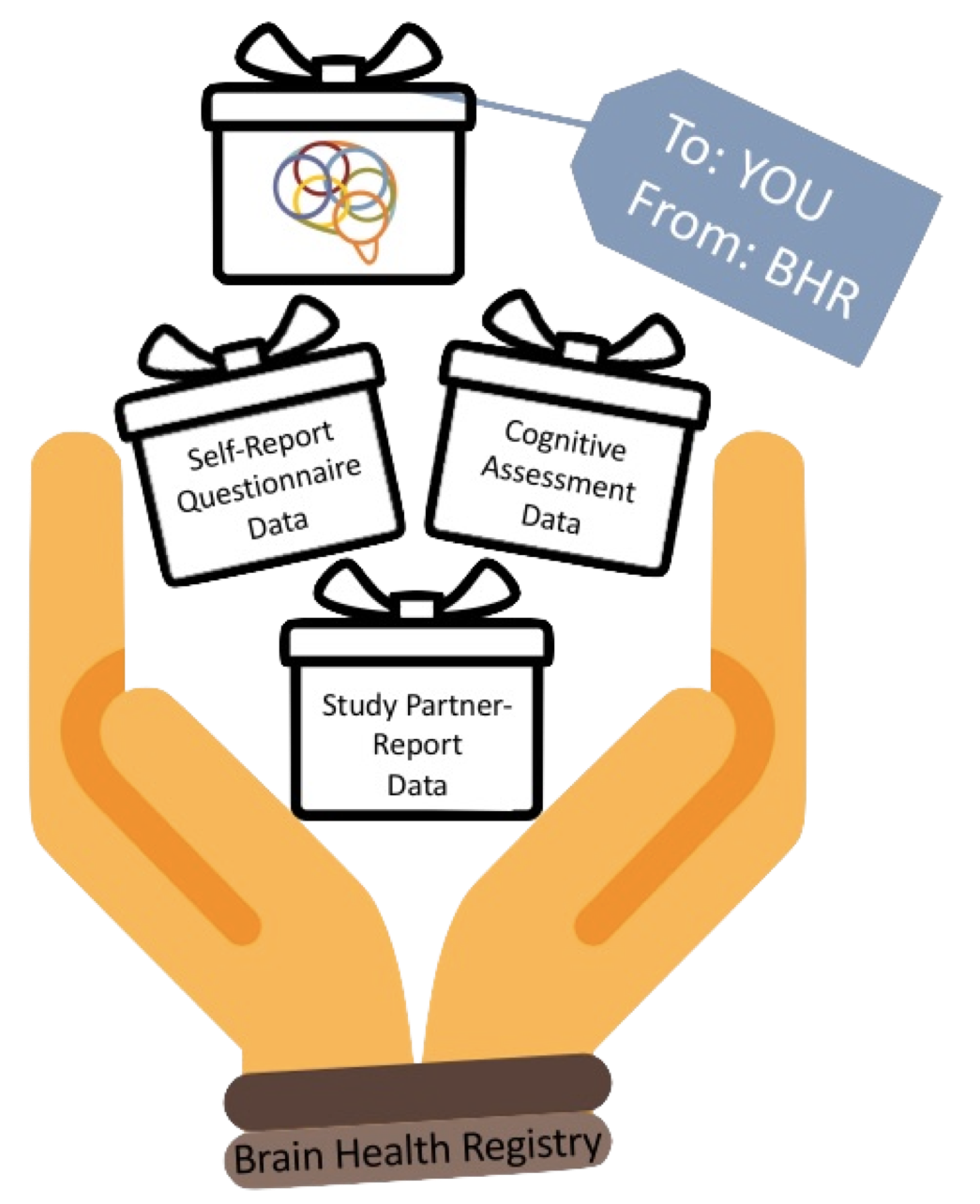BHR has many different questionnaires available for analysis. Please email investigators@brainhealthregistry.org to receive a copy of the current questionnaires.
Investigators who are approved for data use are provided with the dataset via a downloadable CSV file. The data set is considered confidential information.
BHR faculty and staff have invested considerable effort and already have extensive experience in creating the BHR dataset. Because of this, BHR faculty and staff wish to be involved with any data analyses and publications that use BHR data. Therefore, it is BHR policy that all investigators who receive BHR data adhere to the BHR Publication Guidelines, which includes Citation and Acknowledgment requirements for all abstracts, presentations, and publications using shared BHR data. Additionally, all data recipients are asked to explicitly inform BHR faculty of the data analysis plan, as well as to discuss the BHR faculty’s degree of involvement in analysis projects and authorship of any potential abstracts and papers.
Download BHR Publication Guidelines
Next Steps:
If you are interested in a De-Identified Data Sharing collaboration, please complete the Data Sharing Request Form and return the completed form to BHR.
Download the Data Sharing Request Form




